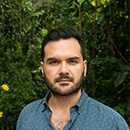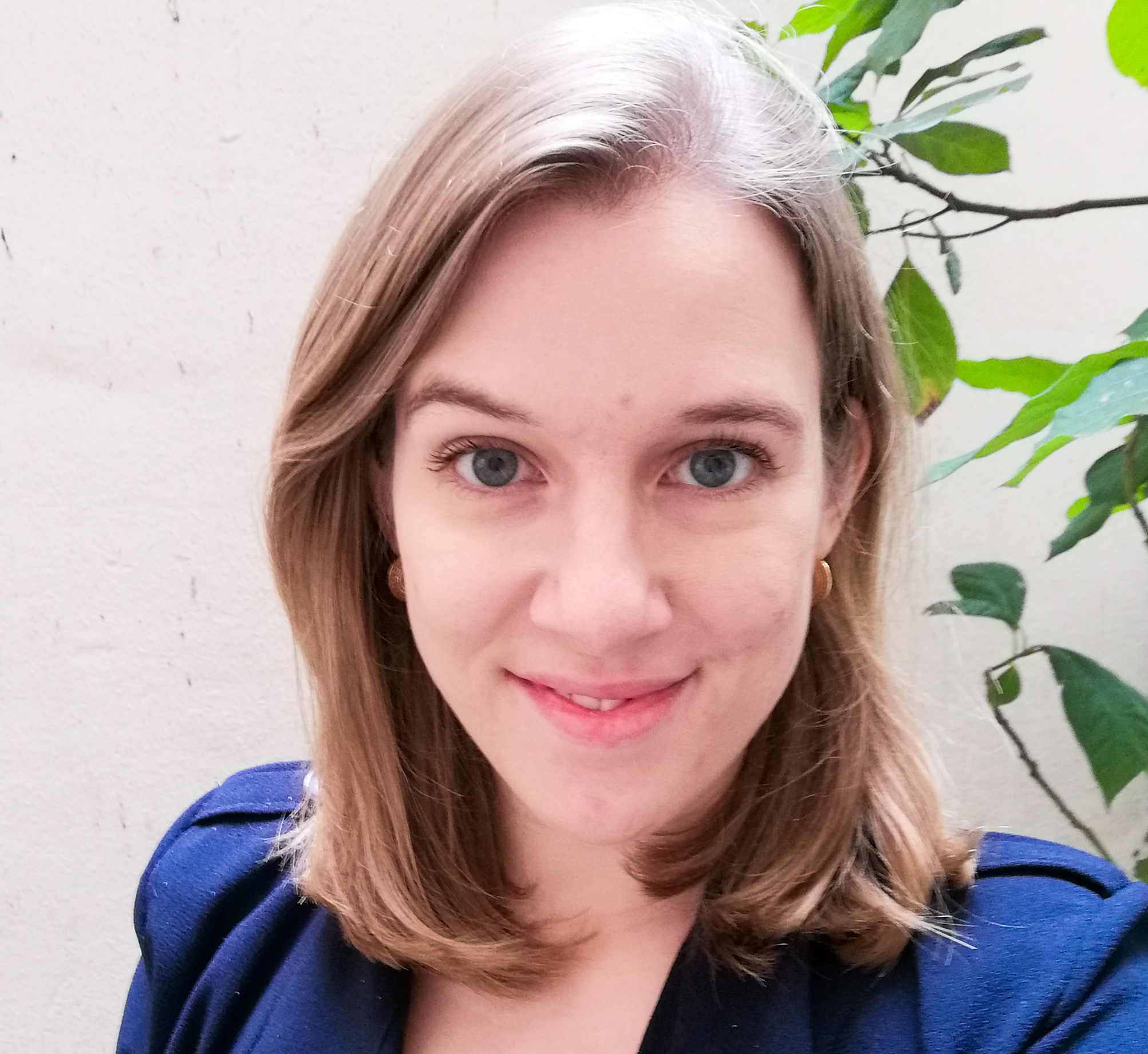Following wider interest in the land use, land-use change and forestry sector worldwide, Kenya has seen a rise in multi-stakeholder forums (MSFs) promoting an ecological transformation of agriculture.
The objective of these forums is to create bridges between political and economic decision-makers, scientists, entrepreneurs and farmers, providing spaces for them to exchange experiences and information. They also promote agroecology as a promising pathway toward equitable and nature-positive systems, increasing resilience by strengthening both ecological and social outcomes.
However, as research from the Center for International Forestry Research and World Agroforestry (CIFOR-ICRAF) on MSFs has shown, just bringing people to the table is not enough to ensure that these processes will succeed.
Coordination and collaboration take strategic thinking and reflection on how best to reach consensus between actors that often have clashing interests, hold different capacities and uneven access to resources.
Recognizing these challenges, Biovision Foundation and its partner organizations support various multi-stakeholder platforms at the national and county level in Kenya, including the Climate Smart Agriculture Multi-Stakeholder Platform (CSA MSP) and the Intersectoral Forum on Agrobiodiversity and Agroecology (ISFAA).
As part of this work, PELUM Kenya, with support from Biovision Foundation, organized a workshop in Nairobi to bring together a group of MSFs working on agroecology to share experiences, challenges, lessons learned and progress. It was also designed to discuss how to enhance synergies and address the lack of interactions between the different platforms, forums, and initiatives.
MSFs have the common goal of strengthening coordination and collaboration among stakeholders and promoting sustainable agricultural practices for a resilient food system.
“Everyone has a vision of agroecology, but we need to align these and work together in order to create the best possible benefits for the people and planet,” said Rosinha Mbenya from PELUM Kenya.
How are we doing?
The workshop implemented the reflexive and adaptive learning method developed by CIFOR-ICRAF Scientists in “How are we doing?”, a monitoring tool to support equity in MSFs.
The adaptive and reflexive learning tool was designed with MSF participants and organizers in Indonesia and Peru to reflect on the process, progress and priorities of their forums. Available in English, French, Indonesian, and Spanish, it goes beyond simply rating a set of indicators.
It invites a guided group reflection for MSF participants and organizers to recognize and reflect on their challenges, while supporting social learning to design strategies to achieve goal(s) equitably and effectively. In doing so, groups learn collectively from their past work, consider pathways to progress and obstacles to further progress and collectively plan how to achieve their future goals.
The tool is designed around a series of statements – on participation, gender, communication, inclusivity, among other themes – which are rated by participants and discussed following a series of reflection questions.
Since the first version, it has been adapted to support participatory processes in different contexts, for example, in collaboration with Peru’s Protected Areas Service and with Peru’s National Organization of Indigenous Women.
For this workshop, Biovision Foundation, CIFOR-ICRAF, and PELUM Kenya collaborated to adapt the tool’s most relevant statements and reflection questions to the needs and priorities of the participating MSFs. Statements were made into questions to support discussion, for example:
- What has been the impact of our agroecological initiatives?
- What resources and capacities do we need to support our work?
- Are we communicating our work effectively with farmers and community organizations?
- How well have the MSFs engaged with other institutions with different objectives?
- How well are we including women, youth, and communities in our MSFs?
Participants were divided into four groups of five to seven participants that discussed all questions.
The groups represented a similar combination of the various government and civil society organizations participating in the workshop, and included both men and women. They presented the main points of their discussion to the other groups, followed by plenary discussions through which participants compared experiences and learned from each other.

Workshop in Kenya. Photo credit: Biovision/Tanja Carrillo
Collaborating for agroecology in Kenya
Although participants discussed different aspects of sustainable agriculture, three main issues that would support the role of MSFs in agroforestry stood out.
First, securing adequate funding is a key priority for all forums to realize planned activities and bring different stakeholders together. Participants agreed that funding should not only come from donors but also include financial support from the government to ensure the long-term sustainability of their platforms. Furthermore, they also agreed that there is a need for increased investment in research that generates and combines scientific evidence around the benefits of agroecology with traditional and indigenous knowledge.
Second, participants agreed that communication efforts need to be targeted to their audience – such as farmers or policymakers – for more effective advocacy. They agreed that to collaborate toward realizing an agroecological transformation, different initiatives need to harmonize their messages and create a common narrative.
Third, participants recognized that young people, women, and people with disabilities need to be actively included in their MSFs.
“What stood out for me were the commitments by partners to deliberately engage more youth and women in agroecology and in MSFs discussions and activities,” said Hannah Kigamba from the youth initiative YALTA, reflecting on the workshop. “This will facilitate inclusivity and integrate the voices of youth and women in agroecology plans across all levels. This is a call to women and youth – we need to take agroecology as an opportunity not only for a sustainable food systems transformation but economic empowerment.”
Following the method designed for “How are we doing?” group discussions carried out during the workshop were synthesized into a collective workplan with concrete suggestions like the introduction of a quarterly newsletter on agroecology, where all organizations can contribute and share their work. The plan also anticipates the deliberate inclusion in forums of a broader group of stakeholders – such as the private sector and pastoralists – as well as more active involvement of women and youth.
Regarding coordination, participants agreed that such exchanges should take place regularly to enhance synergies between the different agroecological initiatives and platforms.
Finally, participants agreed on the need to develop a national strategy that provides a common framework for agroecology in Kenya.
The workshop was held March 1-4, 2022.
This research is part of CIFOR’s Global Comparative Study on REDD+. Funding partners that have supported this research include the Norwegian Agency for Development Cooperation (Norad, Grant No. QZA-21/0124), International Climate Initiative (IKI) of the German Federal Ministry for the Environment, Nature Conservation, and Nuclear Safety (BMU, Grant No. 20_III_108), and the CGIAR Research Program on Forests, Trees and Agroforestry (CRPFTA) with financial support from the CGIAR Fund Donors. The workshop was co-organized by the Biovision Foundation for Ecological Development and PELUM Kenya, with financial support from IKEA Foundation and the Swiss Agency for Development and Cooperation. The Policy and Advocacy team of Biovision combines thematic expertise about agroecology with experience in advocacy and policy dialogue to engage with decision makers on national and international level around the topics of sustainable agriculture and food systems transformation. For more information, visit the Agroecology Info Pool.
We want you to share Forests News content, which is licensed under Creative Commons Attribution-NonCommercial-ShareAlike 4.0 International (CC BY-NC-SA 4.0). This means you are free to redistribute our material for non-commercial purposes. All we ask is that you give Forests News appropriate credit and link to the original Forests News content, indicate if changes were made, and distribute your contributions under the same Creative Commons license. You must notify Forests News if you repost, reprint or reuse our materials by contacting forestsnews@cifor-icraf.org.














